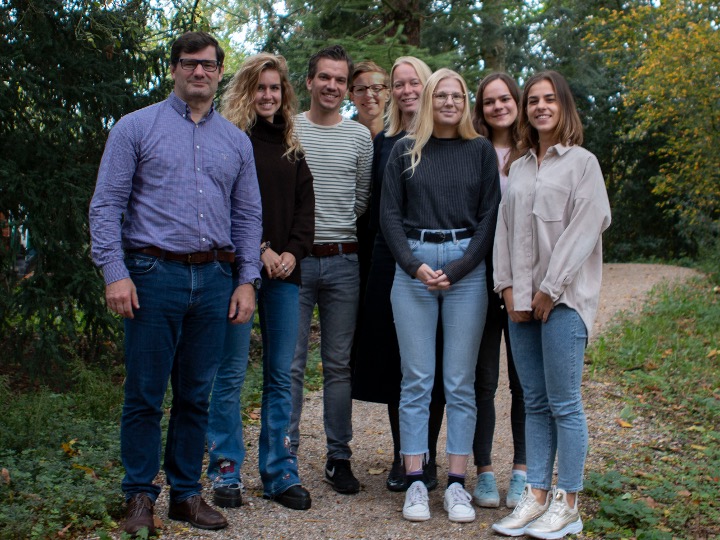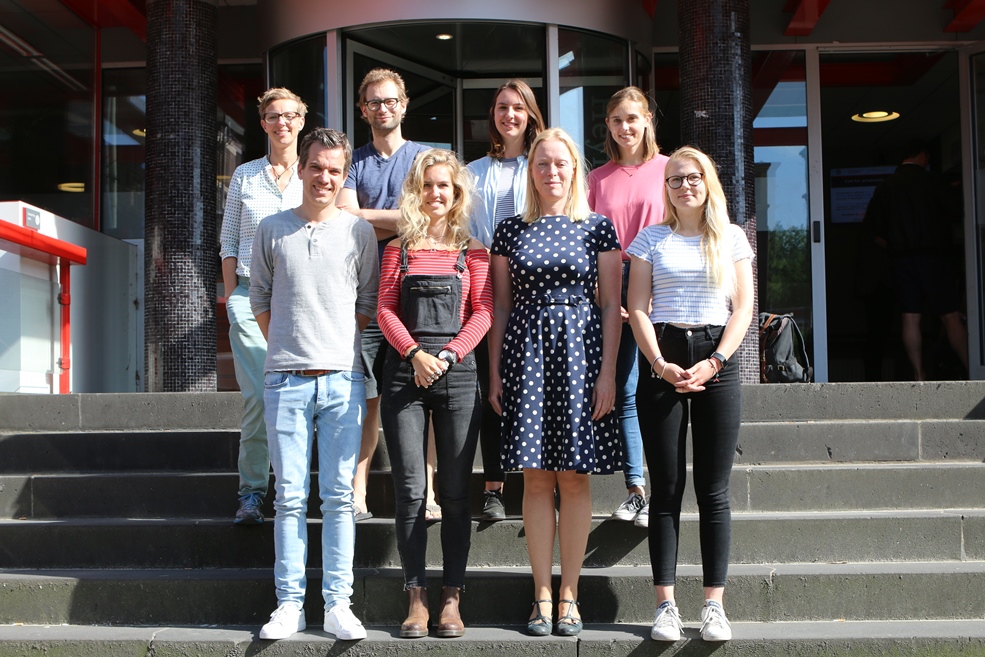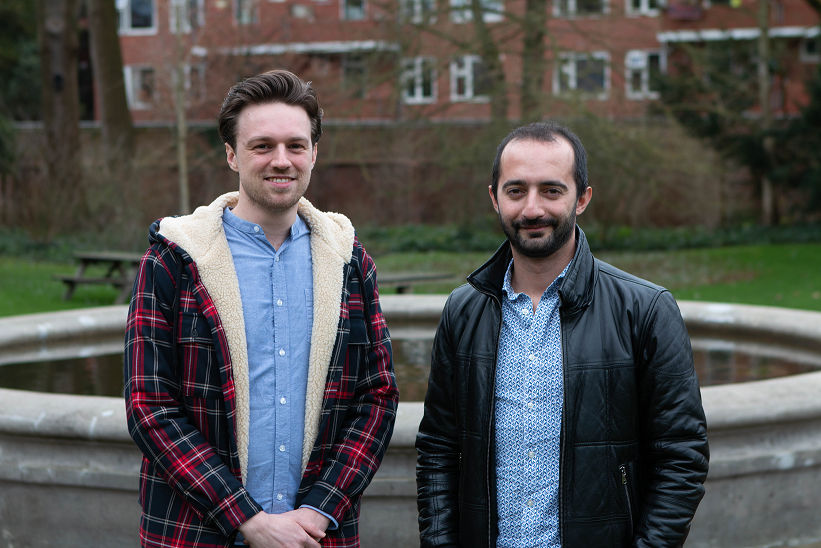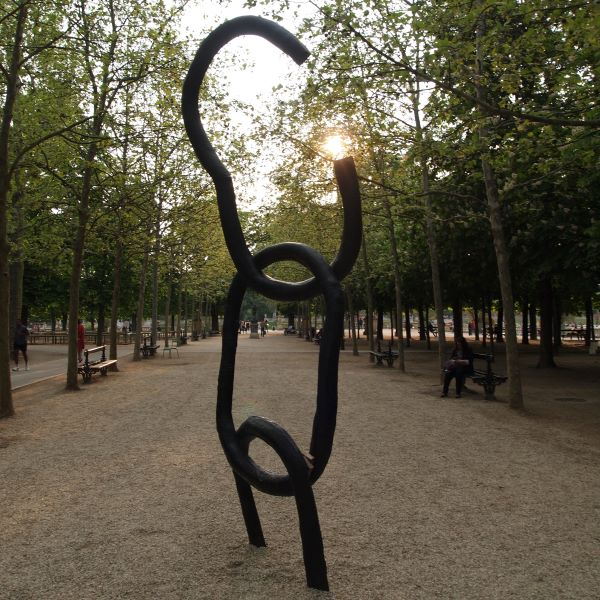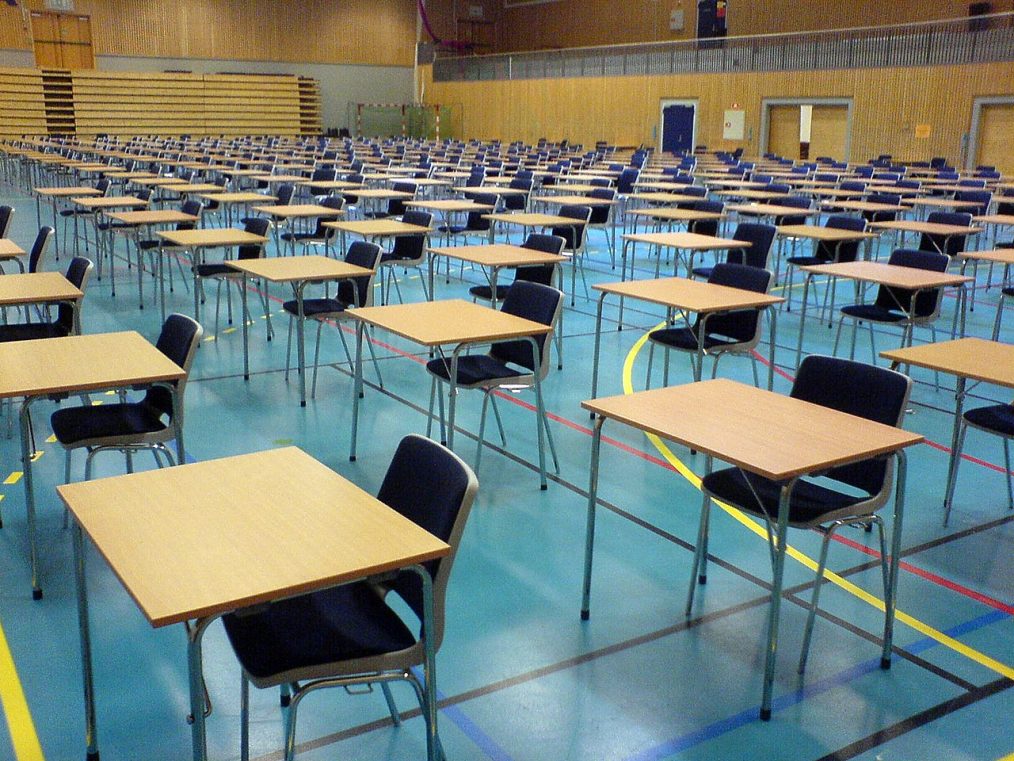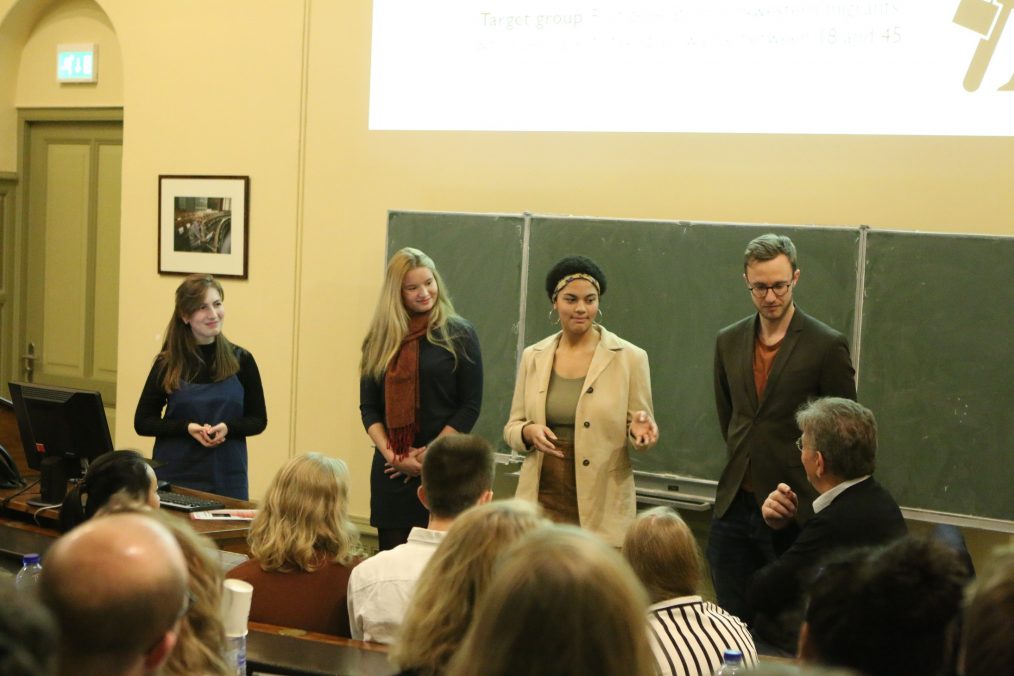When the university suddenly had to close its doors due to the COVID-19 pandemic, teachers managed to move their teaching online overnight, so students could continue their education. However, education now requires not only an online form but also new ideas to promote feelings of belonging and connectedness at the University.
This is one of two blogposts addressing the question how to engage students. Based on students’ feedback, the Education Committee has collected good examples of teaching, which could serve as an inspiration for teachers. This part is focused on implementing a flipped classroom in smaller classes.
Stadjers Hand in Hand (SHH) is a community-building project aiming to tackle poverty in Groningen. Yasin Koc (a teacher) and Gido Metz (a student) got enthused by the project through a Master’s course, and became volunteers. “We used our knowledge of social psychology and helped develop the project to become larger and more sustainable.”
I recently learned that I was named the Teacher of the Year in Psychology, which prompted me to reflect on a challenging yet rewarding teaching experience from last year. I learned a lot though that experience and thought it helpful to share some of these lessons with the readers of Mindwise.
I decided to write this blog about writing and citing after stumbling upon a phantom article – a cited article on how to write that does not actually exist, but nonetheless has been cited hundreds of times.
This is one of two blogs addressing the question how to engage students. Based on students’ feedback, the Education Committee has collected good examples of teaching that could serve as an inspiration for teachers. This part is going to be focused on methods that can be implemented in large classes.
Did you know that you could take the master-level Writing Skills course even if you aren’t enrolled in the Reflecting on Psychology master programme?
The use of resit exams in higher education is relatively unique to the Netherlands. Their use stems from the idea that all students can pass any given course, some students just need more examination chances to do so. Recently, resit exams received negative attention in the University Newspaper (UK) of the University of Groningen. A […]
Monday evening, January 15th, 5pm: usually students attend lectures in this room. However, today 12 students and their two lecturers have invited seven policy makers and representatives of different NGOs and academia to listen to and discuss their proposals to improve current practices of labour market integration of refugees.
It’s extremely rare for three such events to run locally (and quite exceptional for them to run over just two weeks). So put it in your agenda: join us for Groningen’s summer of history!

